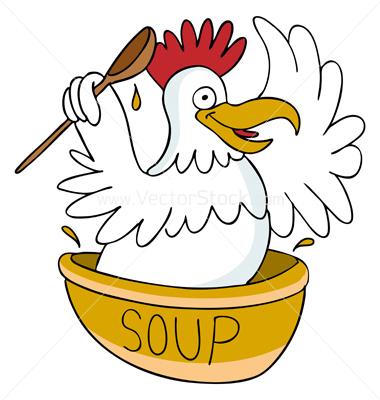Stock, Broth, Bouillon: What’s the Difference?

Question:
So many yummy recipes call for Stock, Broth, or Bouillon: What’s the Difference?
Answer:
Produced by simmering vegetables, aromatics (think herbs and peppercorns), bones, and often meat scraps, stock is the gold standard to use as a base for soups, stews, and sauces. Despite having little or no salt, it adds complex, robust flavor to any recipe it touches. Unfortunately, you’ll probably have to make it yourself; it’s rarely sold in grocery stores.
Not up for the two-hour time commitment that making stock requires? Opt for store-bought broth instead. Usually just stock with salt added, this ingredient can be used in the same ways as homemade stock. The only downside: It’s a bit less rich and complex.
Last—and least desirable—is bouillon, dehydrated stock formed into cubes or granules. Yes, it’s convenient, but it’s typically processed with MSG, large amounts of sodium, or other additives. Thus the liquid it produces is fairly weak and one-note, despite being intensely salty. Use it only in a pinch.
P.S. Something I have found that I LOVE and it is called ‘Better Than Bouillon” – look for it in your grocers bouillon isle. You won’t be disappointed! BW
Source: realsimple.com
- realsimple.com
